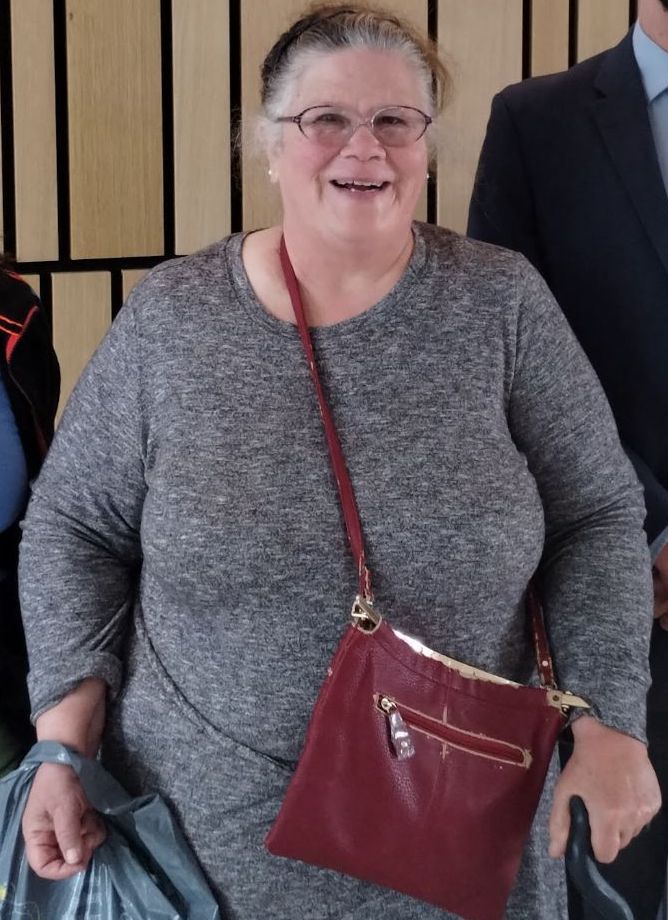Santa Rosa, CA – Genesis, A Gamaliel Affiliate of the Bay Area

I was born in Southern California but have been living in the Bay area since I was nine years old. I was raised by a single mom. She worked as a secretary, and we didn’t have a lot of money.
Because my mom was always working to support our family, I learned to be independent at an early age. I started riding the bus and BART at the age of 10. When I was a teenager, we lived in Pacifica, but a lot of my friends were in San Francisco. Since the transit system wasn’t very good in Pacifica, I would walk 5 miles to go to Daly City to catch the BART. I didn’t have that much money. I would only leave the house with a quarter. At that time, you had to pay twice for the two separate transit systems in Pacifica and San Fran and there was no transfer option available. So, I had to save my money for the BART and walk. Even with that, I loved the freedom BART gave me as a teenager.
When I was 32, I went to school and got an associates degree. A few years later, I got my bi-lingual teaching credentials and a bachelor’s degree in liberal studies. I’ve always liked helping people given how hard it was to watch my mom struggle as a single parent, so I decided to do caregiving work. Unfortunately, when going to work one day, I got into a car accident. I am now hesitant to drive and am dealing with some vision issues. Also, owning a car is really expensive. I mainly rely on public transit to get around. Now that I’m almost 60 years old, it is incredible to think about the fact that I’ve been riding transit for 50 years.
It makes me sad that our society doesn’t invest enough in our public transit system. During the pandemic, the ridership dropped, and they cut back on the schedule. They haven’t restored enough of the routes and the frequency of buses is less than it used to be before the pandemic.
I live in Santa Rosa now. I moved for employment opportunities and also to be near my mom. M mom had to rely on paratransit to get around and to the doctor’s office. She and I used to ride paratransit together. Because transit is so limited in Santa Rosa, you have to call a week in advance to get a ride. If you have an emergency or if a doctor’s appointment switched to an earlier day, you have no way of getting to the places you needed to go. That puts people who are dealing with health issues in a stressful situation, which only makes their health issues worse.
Because many low-income families have been pushed farther and farther out from San Francisco and Oakland because of the cost of housing, many times you are put in a living situation where you are so far outside of the main transit corridors that you have to walk 2 to 5 or more miles just to connect with a transit hub.
Given more and more people are getting pushed out of city centers, they are going to need public transit. It only makes sense that now is the time to allocate more money for it. At the national level, I’d like to see more funding for each of the states for operations and service. We also need to make our public transit much more accessible. I’m going to keep fighting on the local, state, and federal level to make sure that all families have access to affordable and accessible transportation.
